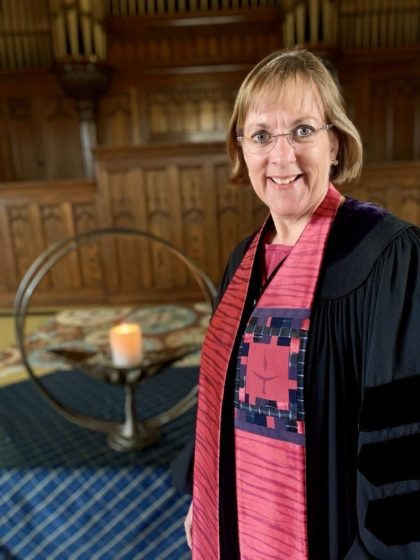Arriving takes time. For example, arriving home from a day out, we put down a purse or bag, take off a coat, pet the cat or dog, and offer a quick hello to those waiting for our arrival. Or we arrive to an empty house, empty by choice. Do we arrive once we sit down and take a breath, or does it take longer, only after tasks are complete? Dinner prepared, eaten, dishes put away, laundry folded, children in pajamas, teeth, and faces scrubbed, a book in one hand, and a hot tea or glass of wine in the other? Have we arrived at home or end of the day? When do we finally arrive?
Suppose we arrive at the grocery store, we’re rushed, list in hand or head, time pressing against our muscles as we push down aisles full of eye-catching distractions from our goals. We get through the check-out line and put the bags in the boot of the car. Wait? Did we actually arrive at the grocery store, or just pass through, like a busy hallway to somewhere else?
When we arrive at an unfamiliar place for the first time, perhaps on a vacation or business trip, we are faced with stark new images, full of instant impressions, only later sorted out and categorized for understanding and meaning. For many, the body arrives a day or two before the spirit and head arrive. That would mean, on a short trip, it’s possible for a disconnected spirit and head, to see the body on its way home. It might be wise to wait for a couple of days to let the head and spirit catch up before launching out on a different adventure.
Arriving with a moving truck and a thousand boxes not only takes time, but it also takes a lot of mental energy due to shifting points of orientation and environments that usually help inform daily routines. With so much disruption, it may take months to arrive, as furniture is placed, and then moved again, books randomly or carefully squeezed into bookcases, and artwork hung with love and keen-eyed critique.
I have arrived in Pittsburgh, and yet, I’m still arriving. I walk the dogs in a new neighborhood, looking at the neighbor’s houses and local businesses, knowing I will see them differently next year or in ten years. I walk to our sacred church, arriving in its embrace of stones filled with the echoes of stories, songs, tears, hopes, and disappointments. I listen, look, feel and taste the space. I wonder what it will look, sound, and feel like to me in another five or ten years?
How we define “arriving” helps the journey, and deepens our understanding of a sense of place, and how we fit into that place. Arriving is not a destination or a stop, and it’s deeply intertwined with the place itself. Arriving is a process, a journey that led to a particular place. What’s usually missing is our awareness of when we have arrived and the meaning it has for us. Arriving is an invitation to pause, listen, breathe, look, and feel the sense of touch and taste. It’s as much about the movement to that place, as the place itself, and what is next.
With Love and gratitude for the journey of arriving, Rev. Kate
Care and Connections
Kathy Miller and Chris Beregi offer up this joy for your pleasure. “Our granddaughter, Megan Tigue {pronounced like Tiger without the R; it is one syllable with a hard G} has graduated from the University of Michigan and will be heading to Washington DC to try out her Public Policymaking chops!”
Linda Fleming and Bob Mitchel share: “Our brother-in-law Dave was recently diagnosed with pancreatic cancer. Dave is a big believer in prayer. If it suits your spiritual practices, please remember Dave, Kim, and their family in your prayers.”
If you have joys or sorrows you would like to share with the community; please send them to Kate at kwalker@first-unitarian-pgh.org

